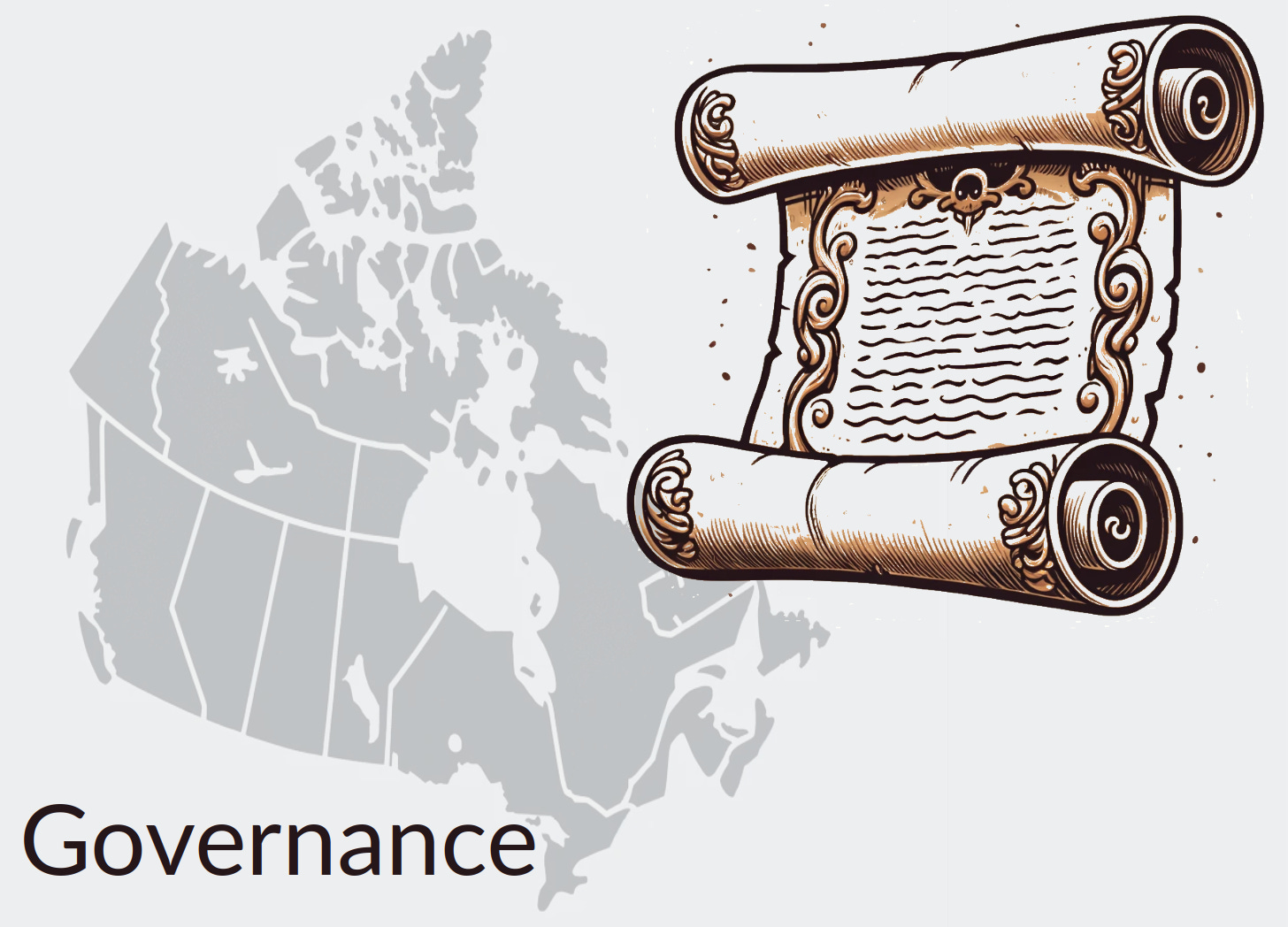
Shaping Government Spending Choices to Reflect Taxpayer Preferences
We're paying the bills, why shouldn't we have a say?
Technically, the word “democracy” means “rule of the people”. But we all know that the ability to throw the bums out every few years is a poor substitute for “rule”. And as I’ve already demonstrated, the last set of bums you sent to Ottawa are 19 times more likely than not to simply vote along party lines. So who they are as individuals barely even matters.
This story isn’t new, and it hasn’t even got a decent villain. But it is about a universal weakness inherent in all modern, nation-scale democracies. After all, complex societies governed by hundreds of thousands of public servants who are responsible for spending trillions of dollars can’t realistically account for millions of individual voices. How could you even meaningfully process so many opinions?
Hang on. It’s 2025. These days, meaningfully processing lots of data is what we do. And the challenge of reliably collecting and administrating those opinions is trivial. I’m not suggesting we descend into some hellish form of governance by opinion poll. But I do wonder why we haven’t tried something that’s far more focused, measured, and verifiable: directed revenue spending.
Self-directed income tax payments? Crazy, no? Except that, until 1998 at least, this was common in Ontario. Back then, we got to choose which of five school boards - English public, French public, English separate (Catholic), French separate (Catholic), or Protestant separate (Penetanguishene only) - would receive the education portion of our property tax.
Here’s how it could work. A set amount - perhaps 20 percent of the total federal tax you owe - would be considered discretionary. The T1 tax form could include the names of, say, ten spending programs next to numeric boxes. You would enter the percentage of the total discretionary portion of your income tax that you’d like directed to each program with the total of all ten boxes adding up to 100.
The specific programs made available might change from one year to the next. Some might appear only once every few years. That way, the departments responsible for executing the programs wouldn’t have to deal with unpredictable funding. But what’s more important, governments would have ongoing insights into what their constituents actually wanted them to be doing. If they disagreed, a government could up their game and do a better job explaining their preferences. Or it could just give up and follow the will of their taxpayers.
Since there would only be a limited number of pre-set options available, you wouldn’t have to worry about crackpot suggestions (“Nuke Amurika!”) or even reasoned and well-meaning protest campaigns (“Nuke Ottawa!”) taking over. And since everyone who files a tax form has to participate, you won’t have to worry about a small number of squeaky wheels dominating the public discourse.
Why would any governing party go along with such a plan? Well, they almost certainly won’t if that’s any comfort. Nevertheless, in theory at least, they could gain significant political legitimacy were their program preferences to receive overwhelming public support. And if politicians and civil servants truly believed they toil in the service of the people of Canada, they should be curious about what the people of Canada actually want.
What could go wrong?
Well the complexity involved with adding a new layer of constraints to spending planning can’t be lightly dismissed. And there’s always the risk that activists could learn to game the system by shaping mass movements through manipulative online messaging. The fact that wealthy taxpayers will have a disproportionate impact on spending also shouldn’t be ignored. Although, having said that, I’m not convinced that the voices of high-end taxpayers are less valuable than those of the paid lobbyists and PMO influencers who currently get all the attention.
Those are serious considerations. I’m decidedly less concerned about some other possible objections:
The risk that taxpayers might demonstrate a preference for short term fixes or glamour projects over important long term wonkish needs (like debt servicing) rings hollow. Couldn’t those words just as easily describe the way many government departments already behave?
Couldn’t taxpayer choices be influenced by dangerous misinformation campaigns? Allowing for the fact the words “misinformation campaign” make me nervous, that’s certainly possible. But I’m aware of no research demonstrating that, as a class, politicians and civil servants are somehow less susceptible to such influences.
Won’t such a program allow governments to deflect responsibility for their actions? Hah! I spit in your face in rueful disdain! When was the last time any government official actually took responsibility (or even lost a job) over stupid decisions?
Won’t restricting access to a large segment of funds make it harder to respond to time-sensitive emergencies? There are already plenty of political and policy-based constraints on emergency spending choices. There’s no reason this program couldn’t be structured intelligently enough to prevent appropriate responses to a genuine emergency.
This idea has no more chance of being applied as some of the crazy zero-tax ideas from my previous post. But things certainly aren’t perfect right now, and throwing some fresh ideas into the mix can’t hurt.










An excellent idea especially if tied to CBC funding. Done correctly this discretionary use of tax dollars would become the sole source of funding for the CBC so that those so concerned with its survival could pay for it leaving those who have no use for it or its ideologies free to see their tax dollars spent on some other program(s) they deemed more worthy.
We do get to vote on spending, rarely, at the local level (eg via referenda), and Vancouver City asks for views on the proposed budget (showing what property tax will look like depending on the options). But under the present Mayor I'm not sure to what extent that will continue (or matter). The party line reigns supreme.